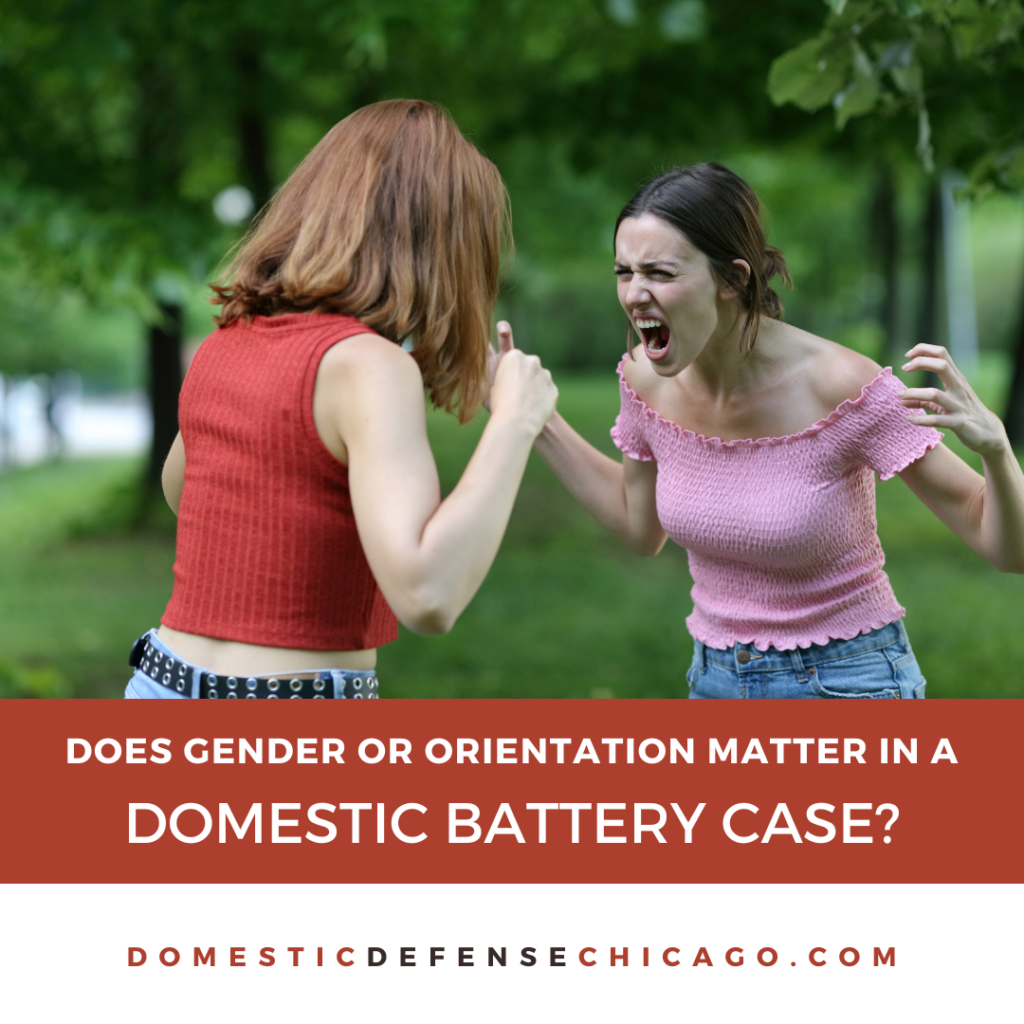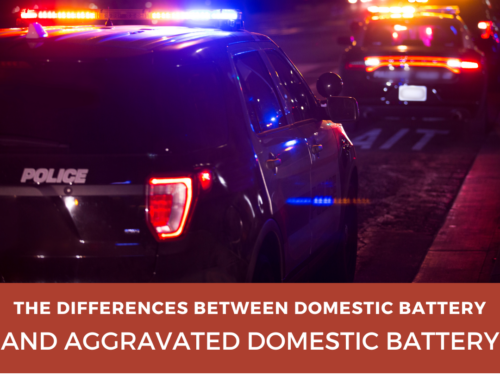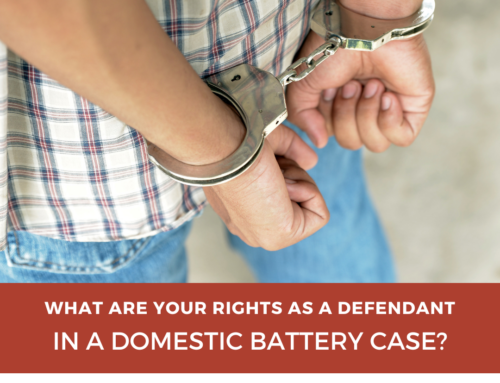Domestic battery is a serious crime in the state of Illinois. According to Illinois law, domestic battery can occur between two people who are living together or have an intimate relationship such as marriage, cohabitation, dating, and same-sex partnerships.
In short, if you’re in a same-sex relationship and one partner gets physical with the other, they can be charged with domestic battery. This applies regardless of gender and sexual orientation.
Generally speaking, domestic battery is a Class A misdemeanor in Illinois, punishable by up to one year in jail and significant fines. Depending on the circumstances of the alleged incident and whether any aggravating factors are present, a charge may be upgraded to a more serious crime – it can even become a felony.
If you’ve been charged with domestic battery in Illinois, it is important to contact a criminal defense lawyer right away. An experienced attorney can help you understand your rights and the potential consequences of a conviction. They can also provide invaluable legal advice and guidance throughout the criminal process.
Related: Domestic battery charges in DuPage County
What Are the Relationships That Turn Battery Into Domestic Battery in Illinois?
In Illinois, domestic battery is defined as a physical attack or even the threat of physical violence against any family member, household member, or other person who is involved in an intimate relationship with the accused.
In addition to spouses and partners, this includes:
- Any former spouse
- People who share a child together
- Roommates
- Any other person with whom the accused has had an intimate, close or sexual relationship
In addition, domestic battery charges are often applied to people who have been involved in a dating relationship or to parents and children. In short, any type of unwanted physical contact against someone you’re close to – whether it’s a family member, roommate, or intimate partner – may result in a charge of domestic battery.
Related: Can you refuse to give police a statement in a domestic battery investigation?
It’s important to understand that the gender of the accused and alleged victim doesn’t matter when it comes to domestic battery charges. Domestic abuse is defined as any physical attack between two people who are living together or have an intimate relationship regardless of their sex and sexual orientation.
Do You Need to Talk to an Attorney About Domestic Battery Defense?
If you need to talk to a domestic battery defense attorney in Illinois, we’re here to help. Call us at 847-920-4540 now – we’ll be happy to give you a free consultation and talk to you about your options.







Leave A Comment
You must be logged in to post a comment.